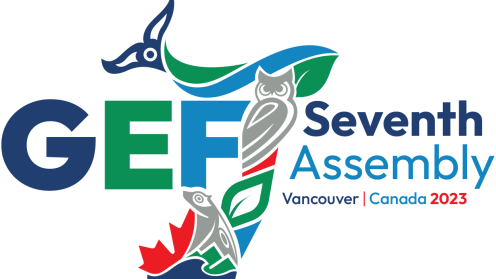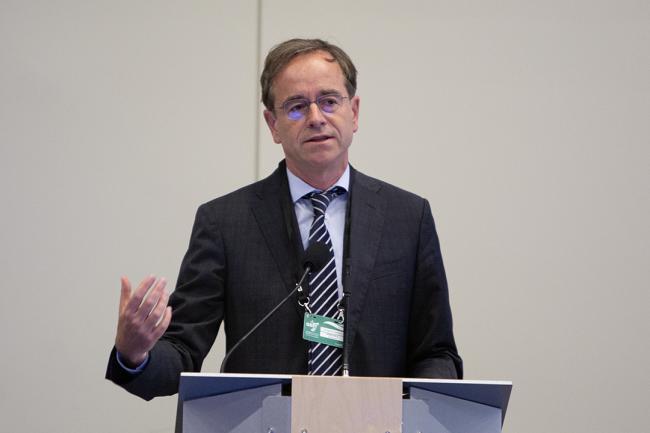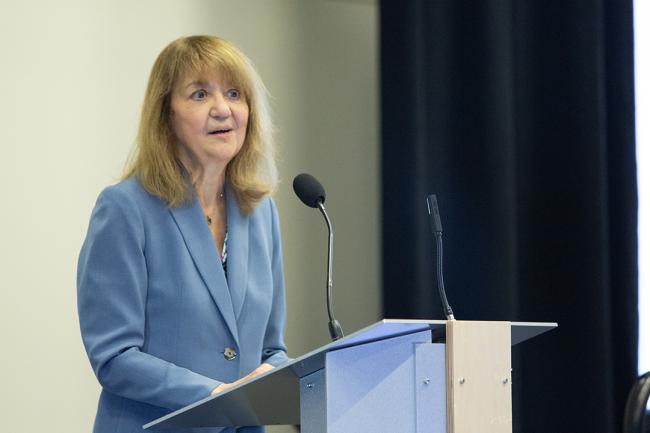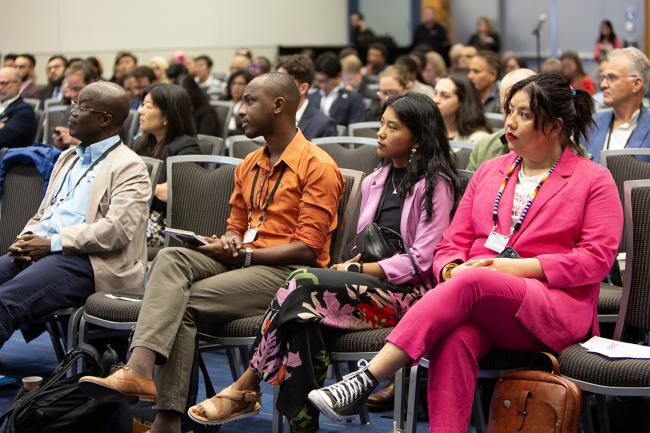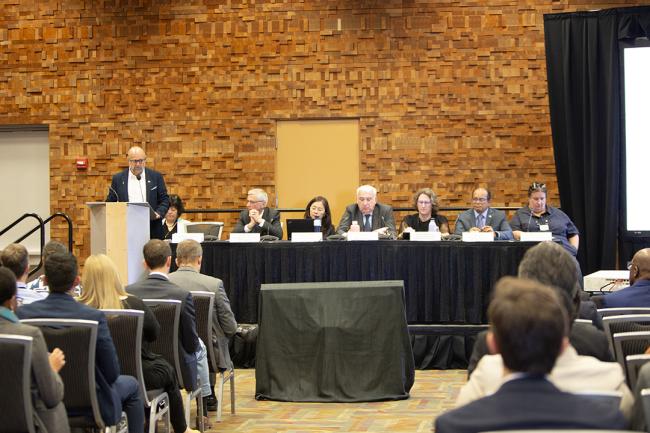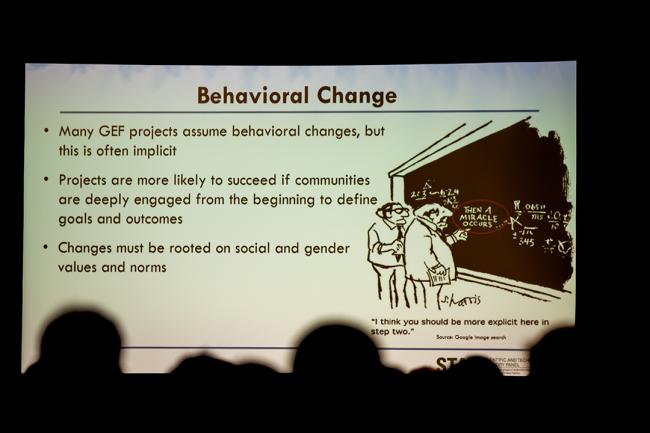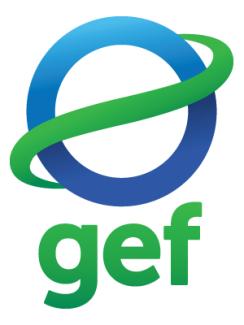The Youth Leaders Learning Exchange and the Indigenous and Local Knowledge events, held in the lead-up to the 7th Global Environment Facility Assembly, brought together youth activists as well as local and Indigenous leaders in a series of panel discussions calling for greater engagement with, and recognition of, these groups in the face of the triple planetary crisis the Earth faces.
Want to dive deeper on today's talks? Read the full Earth Negotiations Bulletin daily report.
In opening the Youth Leaders Learning Exchange, Carlos Manuel Rodríguez, GEF CEO and Chairperson, stressed that “we have failed” the planet in that the Assembly is being held in the middle of environmental crises the GEF was created to avert. He urged rethinking how the GEF works, recognizing the need for whole-of-government and whole-of-society approaches, discussing what each means, and embedding that understanding in the next GEF replenishment.
René van Hell, Ministry of Foreign Affairs, the Netherlands, expressed full support for Rodríguez’s efforts. He said his country embraces the whole-of-society and whole-of-government approaches by focusing on water and how it can prompt the transformative change needed for other issues.
Rosina Bierbaum, Chair, GEF STAP, said GEF projects need to explicitly account for behavioral change, seek policy coherence, involve communities in decision making, and incorporate systems thinking.
During the Youth Leaders Learning Exchange panel, youth leaders called for greater representation in decision-making, channeling passion and anger to influence change, and teaching compassion to combat apathy. They urged working collectively instead of competing with each other.
Rodriguez opened the Dialogue with Multilateral Environmental Agreement (MEA) Secretariats and the GEF, setting the expectation that everything is open for discussion, in terms of the GEF business model, regulations, and rules. Panelists from the Secretariats of every MEA the GEF serves spoke to key Convention outcomes and expectations for GEF support.
The Indigenous and Local Knowledge session looked at contributions Indigenous Peoples and local communities can make and how to increase these contributions. The session on the Arctic and the North explored the role of indigenous knowledge, specifically the way it connects Indigenous Peoples and informs design and science on climate change adaptation. Similarly, the session on the Amazon explored the way conservation connects community-based initiatives for the sustainable management of fisheries.
Rosina Bierbaum closed the day’s discussions by highlighting key themes of the day.
Throughout the day, several other events convened, including the opening of the Kunming-Montreal Global Biodiversity Framework Pavilion.
To receive free coverage of global environmental events delivered to your inbox, subscribe to the ENB Update newsletter.
All ENB photos are free to use with attribution. For the 7th GEF Assembly, please use: Photo by IISD/ENB | Angeles Estrada.
